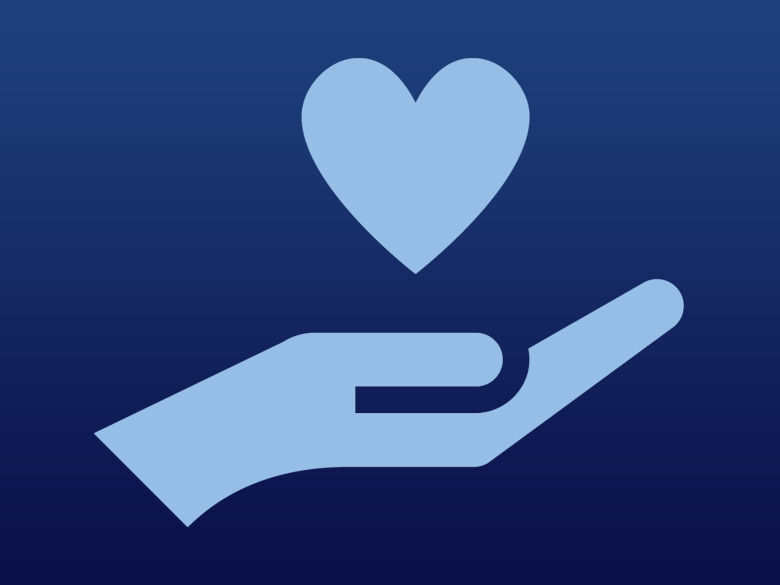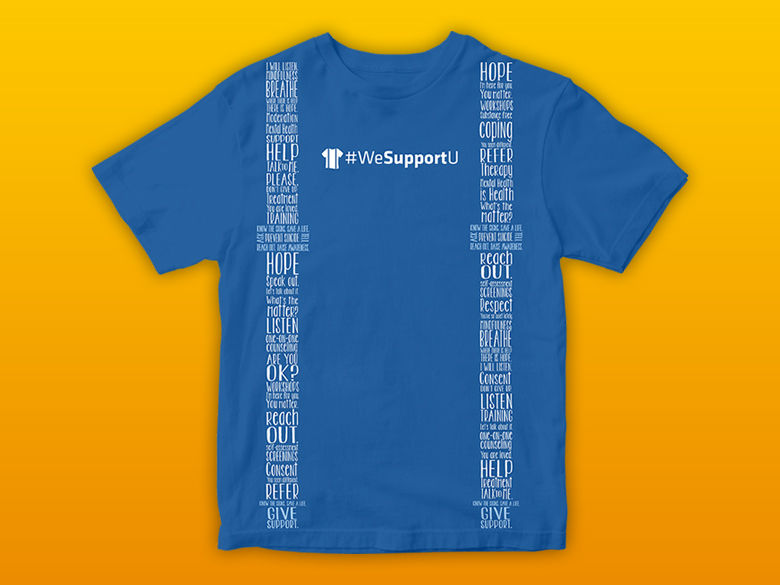Welcome to our dedicated space for fostering a deeper understanding of mental health and trauma within our academic community. Recognizing the importance of well-being for students, faculty, and staff, we have curated a comprehensive collection of resources to support your journey in gaining insight into these critical aspects of human experience.
In the pursuit of creating an inclusive and compassionate educational environment, we invite you to explore the resources provided here, which encompass valuable information, tools, and strategies to enhance your knowledge and skills in promoting mental health and resilience.
Together, let us build a community that prioritizes the well-being of every member, fostering an atmosphere of empathy, understanding, and support.


